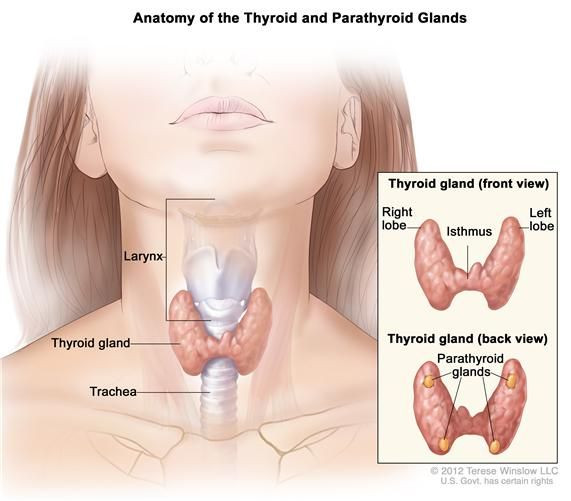Understanding Childhood Thyroid Disorders
When people hear the word “thyroid,” they often think of adult health issues. But did you know that thyroid disorders can also affect children? Though less common in kids, thyroid problems can impact growth, development, energy levels, and overall well-being — making early detection and proper treatment essential.
Whether you’re a concerned parent or just want to be informed, here’s everything you need to know about thyroid health in children.
🌟 What Is the Thyroid?
The thyroid is a small, butterfly-shaped gland located in the front of the neck. It produces hormones (T3 and T4) that regulate the body’s metabolism — the process that controls how your child’s body uses energy.
These hormones are vital for:
-
Brain development
-
Growth
-
Temperature control
-
Heart rate
-
Digestion
-
Mood and energy levels
🔍 Common Thyroid Disorders in Children
1. Congenital Hypothyroidism
This condition is present at birth and occurs when the thyroid gland is missing, underdeveloped, or doesn’t function properly.
-
Symptoms in infants may include:
-
Jaundice
-
Poor feeding
-
Constipation
-
Unusual sleepiness
-
Puffy face
-
Slow growth
-
Newborn screening detects this condition early, allowing for timely treatment with thyroid hormone replacement.
2. Acquired Hypothyroidism
This develops later in childhood and is often due to Hashimoto’s thyroiditis, an autoimmune condition where the immune system attacks the thyroid.
-
Symptoms:
-
Fatigue
-
Weight gain
-
Slow growth
-
Cold intolerance
-
Dry skin
-
Constipation
-
Depression or mood changes
-
3. Hyperthyroidism
This is when the thyroid produces too much hormone. The most common cause in children is Graves’ disease, another autoimmune disorder.
-
Symptoms:
-
Weight loss despite normal appetite
-
Rapid heartbeat
-
Nervousness or irritability
-
Sweating
-
Trouble sleeping
-
Bulging eyes (in some cases)
-
🧪 How Are Thyroid Disorders Diagnosed?
Doctors usually begin with a physical exam and a blood test to check levels of:
-
TSH (Thyroid Stimulating Hormone)
-
T3 and T4 (thyroid hormones)
-
Thyroid antibodies (for autoimmune conditions)
In some cases, imaging tests like a thyroid ultrasound or thyroid scan may be done to check the gland’s size and activity.
💊 How Are Thyroid Issues Treated in Kids?
-
Hypothyroidism is typically treated with a daily dose of levothyroxine, a synthetic thyroid hormone.
-
Hyperthyroidism may be treated with:
-
Anti-thyroid medications
-
Radioactive iodine therapy
-
Surgery (in rare cases)
-
Treatment plans depend on the child’s age, the cause of the condition, and symptom severity. Most kids respond well to treatment and can lead completely normal lives.
📈 Can Thyroid Problems Affect Growth and Development?
Yes — especially if left untreated. Thyroid hormones are essential for:
-
Normal growth rate
-
Bone development
-
Brain function
-
Puberty timing
That’s why it’s so important to diagnose and manage thyroid disorders early.
🧠 Signs Parents Should Watch For
If you notice any of the following signs, consult a pediatrician:
-
Slow or stunted growth
-
Sudden weight gain or loss
-
Unusual fatigue
-
Behavioral or mood changes
-
Changes in school performance
-
Dry skin or thinning hair
-
Constipation or heat intolerance
-
Enlarged neck (possible goiter)
✅ Supporting Your Child
-
Keep regular check-ups and follow all blood work recommendations
-
Give medications exactly as prescribed
-
Track growth and milestones with your pediatrician
-
Encourage a balanced diet, rich in iodine, selenium, and zinc (important for thyroid health)
-
Don’t hesitate to ask for a referral to a pediatric endocrinologist if needed
Final Thoughts
While thyroid issues in children are not extremely common, they are very treatable — especially when caught early. Understanding the signs, getting regular check-ups, and following through on treatment can make a big difference in your child’s health, growth, and happiness.



